Migration to Europe is becoming more conscious: families planning long-term residence abroad consider the level of school and bachelor’s education as a decisive factor. Poland is a country that combines affordability, European quality, and wide integration into international academic processes. Before moving, it is important to understand how the education system in Poland is structured, what stages of education exist, what the structure of universities looks like, and what parents, students, and investors should pay attention to.
General structure of the education system in Poland: from kindergarten to university
Education is divided into several sequential stages. It starts with preschool education, then goes through primary, secondary, and higher education. State institutions provide services for free, private ones for a fee. Each stage is regulated by the Ministry, and operates under a unified standard.

The Polish education system implies compulsory education until the age of 18. After primary school, students move on to lyceums or technical schools. The graduation exam — Matura — gives the right to enter university.
Preschool and primary stage: stress-free start
At the age of 3 to 6, children attend przedszkole — a kindergarten equivalent. In the final year of preschool education, a child prepares for school. Parents can choose between a state or private institution.
The education system in Poland emphasizes a playful and psychological approach, fostering interest in learning from an early age. At 7 years old, a child goes to primary school, where they study for 8 years — first in junior classes, then in senior ones.
Intermediate level: specialized development and Matura
After primary school, teenagers choose to continue their education in a lyceum (academic orientation) or technikum (technical training). Education lasts for 4 or 5 years depending on the chosen direction.
The stage is completed with the Matura exam, without which it is impossible to enter university. It includes tests in Polish, mathematics, a foreign language, and additional subjects.
The features of education in Poland at this level include early career orientation, subject choice based on interests, and equal opportunities for all students.
Higher education in Poland: universities and the Bologna Process
Since 2007, the country has been fully integrated into the Bologna Process. Higher education is divided into three levels: bachelor’s (3–4 years), master’s (1.5–2 years), and doctoral (3–4 years). Universities offer education in Polish and English.
Popular fields include IT, medicine, architecture, business, and engineering. Many programs are available to foreigners on a commercial or scholarship basis. The education system in Poland includes prestigious universities such as the University of Warsaw, Jagiellonian University in Krakow, and Wroclaw University of Science and Technology.
Education system in Poland for foreigners: integration and accessibility
Every year, tens of thousands of students from Ukraine, Belarus, Kazakhstan, India, Nigeria, and Arab countries come to the country. Education in this Central European country remains one of the most accessible in the EU. There are no entrance exams — admission is based on document competition.
The internationalization of the system allows choosing programs in English, participating in exchanges, Erasmus+ projects, and obtaining a European diploma recognized throughout Europe.
Inclusivity and equal opportunities
Great attention is paid to supporting children with special educational needs. Inclusivity is implemented through access to adapted programs, educational assistants, psychologists, and speech therapists. Students with limited abilities can attend both specialized and regular schools.
The education system in Poland promotes equal rights for all participants in the process: socially vulnerable groups, migrants, children of refugees. All students have access to free knowledge regardless of family status.
Investments and housing: what parents and students should pay attention to
Many families consider investing in Polish real estate as a way to combine having a child and financial stability. Buying an apartment in a university city reduces rental expenses and can generate income from renting out. With the growing number of students, the demand for apartments near campuses remains consistently high.
To obtain permanent residency, it is important to live for a minimum of 5 years, some of which can be spent on a student visa. The educational process becomes one of the channels for legalization, and real estate becomes an asset in a stable economy.
Programs, research, and career prospects
Bachelor’s and master’s programs combine academic theory with practice. Students participate in research, internships, and projects with companies. Polish universities actively cooperate with firms from the EU, UK, and USA.
Graduates have career opportunities in Europe and beyond. With a diploma and language skills, there is a chance to work in an international company, stay on a work visa, or start a business.
Key advantages of the education system in Poland
Below are the key advantages that make studying in the country attractive:
- affordability — state education is free, private education is inexpensive;
- international recognition of diplomas;
- participation in the Bologna Process;
- emphasis on career orientation;
- inclusivity and equality of rights;
- admission without entrance exams;
- wide selection of programs in English;
- student visa — a path to legalization.
These factors make the education system in Poland a worthy alternative to other EU countries.
Important nuances to consider
Despite numerous advantages, parents and students should consider a number of points:
- education in Polish requires preparation (years of courses);
- limited program choices in small towns;
- high competition in top universities;
- some private schools and universities lack accreditation;
- the system is still adapting to modern standards;
- scholarships are limited — often paid education;
- bureaucracy in visa and document processing may take time.
These points are not considered barriers, but require advance planning and a sober assessment of one’s capabilities.

Education system in Poland: the main points
For many families, young professionals, and students, the education system in Poland is not just a step towards knowledge, but also a strategy for long-term integration into Europe. The combination of quality, affordability, and international recognition makes it a logical choice in 2025.
When choosing a school or university, it is important to consider the location, accreditation, program language, and goals — academic or immigration. With a thoughtful approach, the Polish state can become a reliable start for a child, investor, or professional!

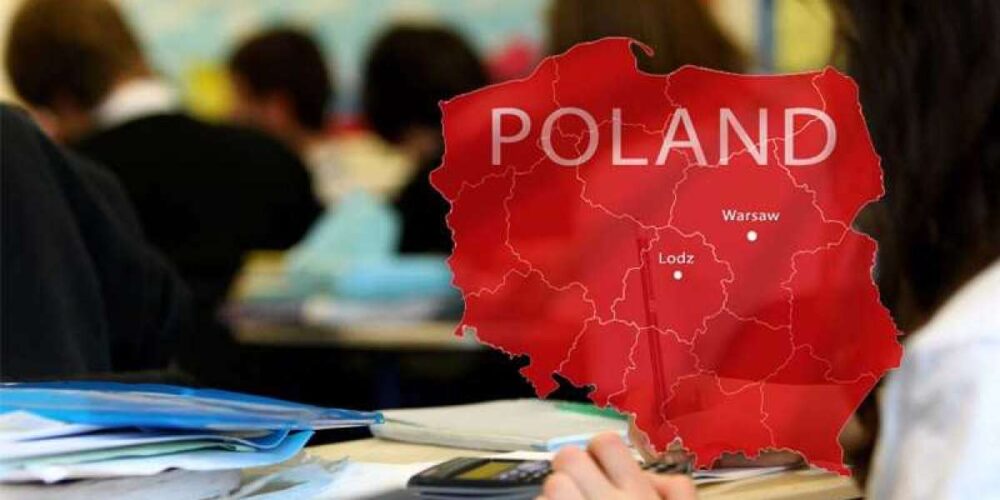
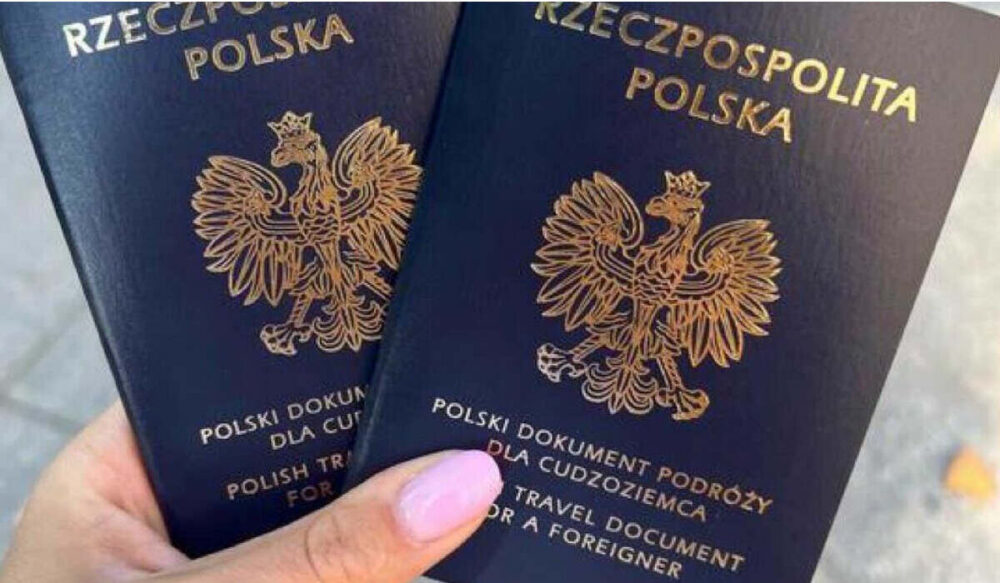


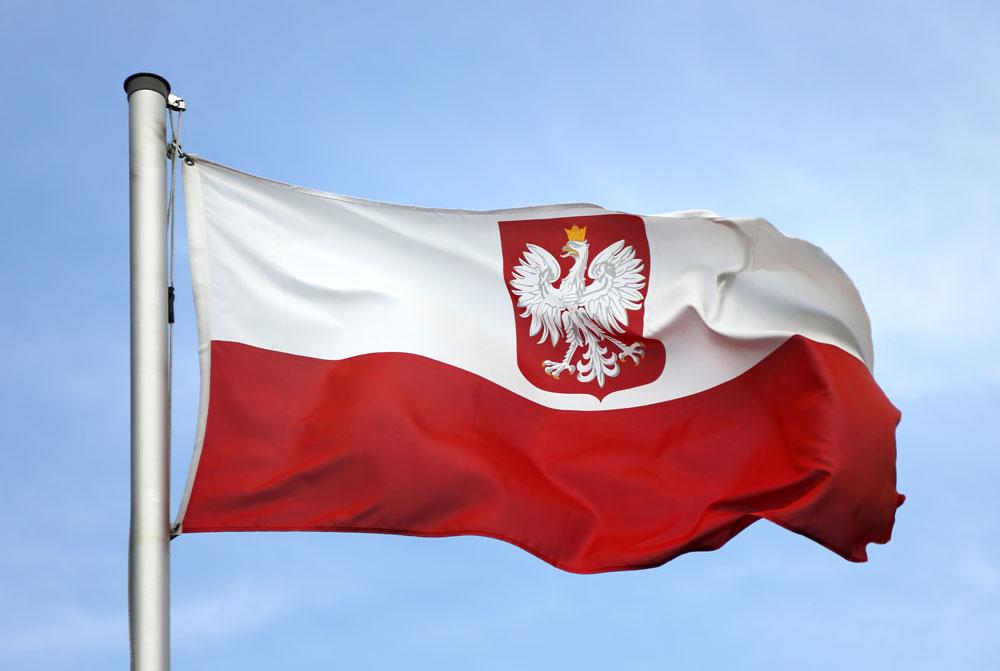



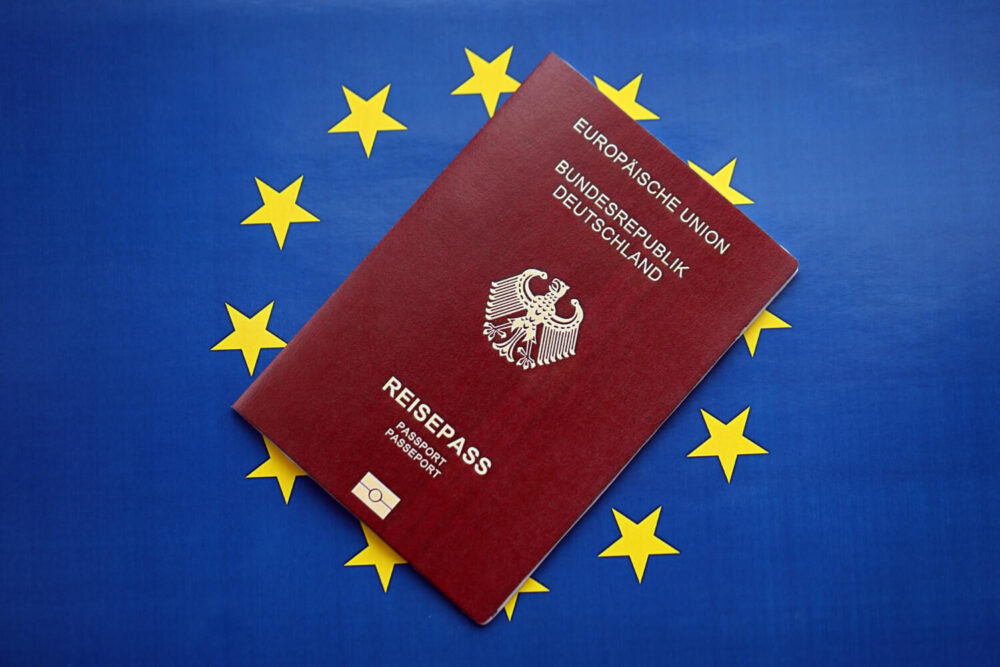

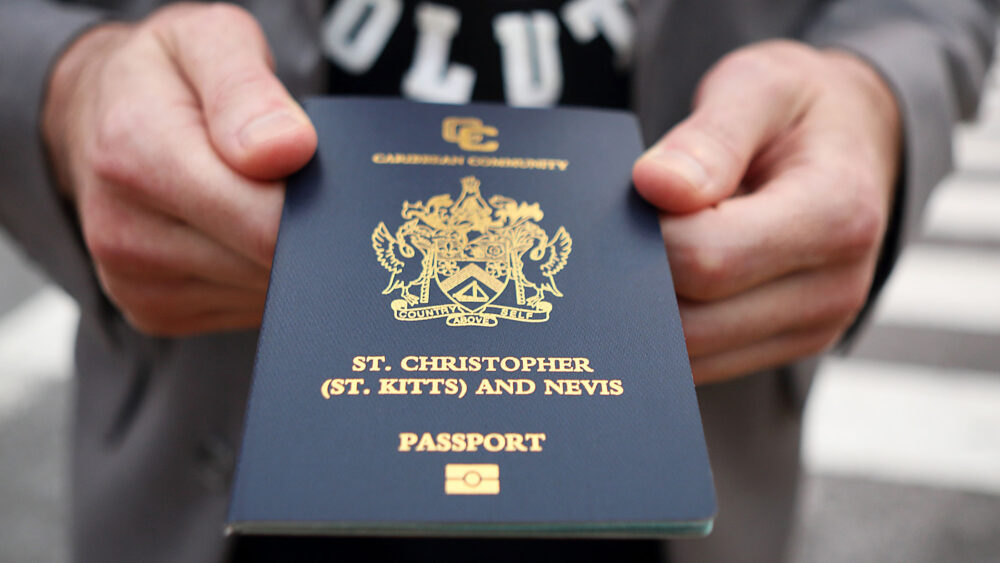

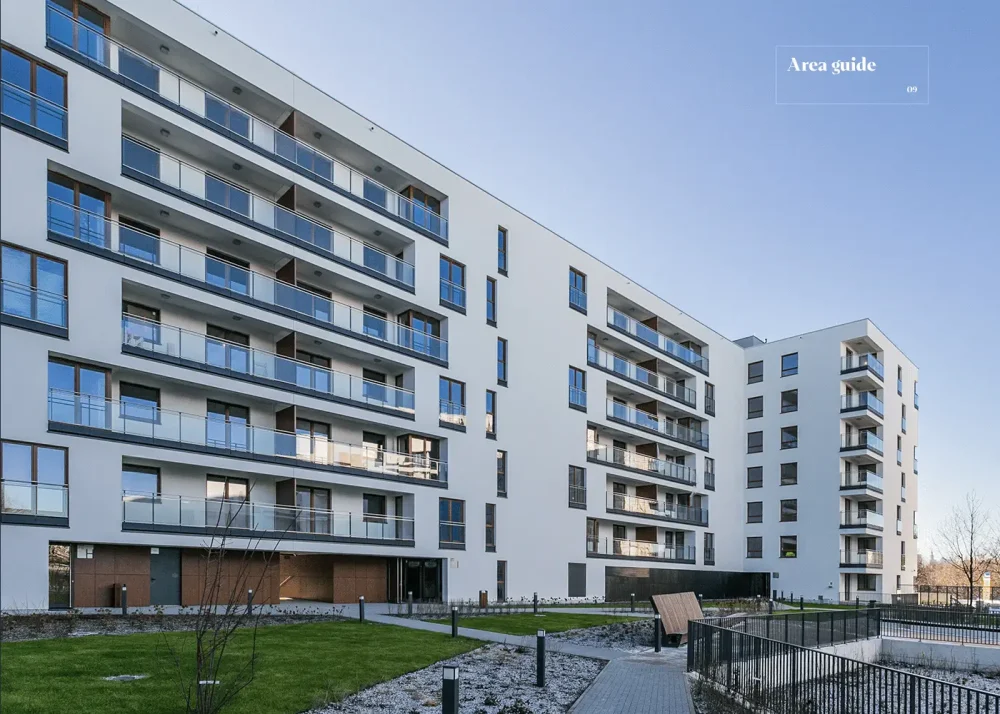

 The premium property market is divided not only by location and price. The types cover several strategic formats with different ownership and operation logics:
The premium property market is divided not only by location and price. The types cover several strategic formats with different ownership and operation logics: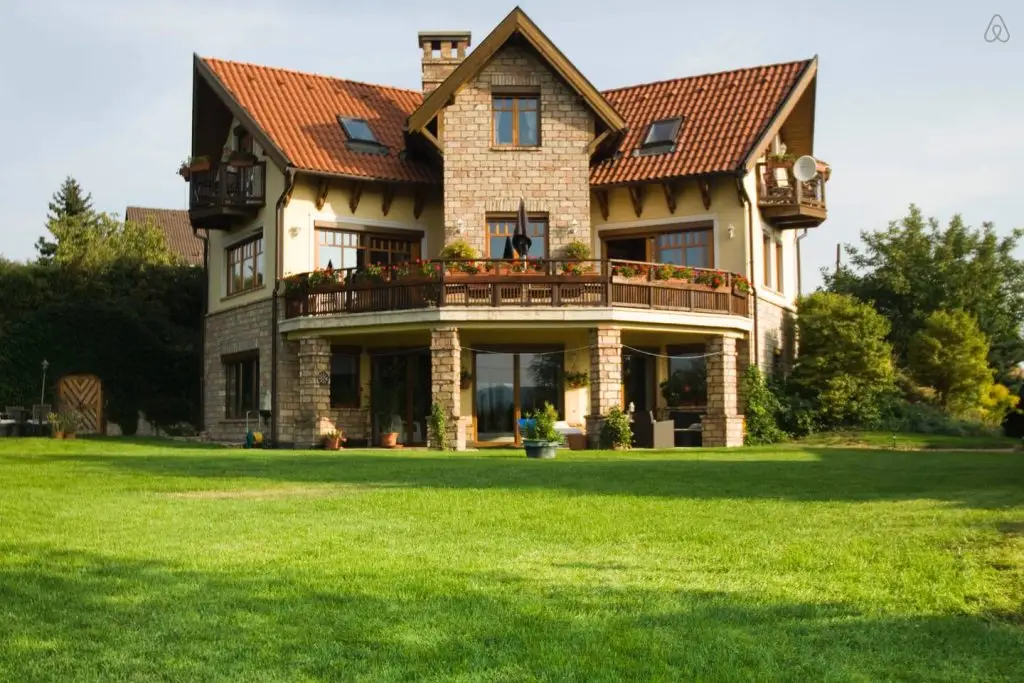 The market has proven that luxury housing remains stable against any economic background. High liquidity, low competition, long-term cost growth, and an individual approach to construction and management make the segment strategically profitable. The investor gets not only a physical asset, but also the opportunity to integrate into a closed economic system where each element works for capital. What is luxury real estate — an asset that does not age, does not depreciate and is constantly growing in value along with the standard of living of its owner.
The market has proven that luxury housing remains stable against any economic background. High liquidity, low competition, long-term cost growth, and an individual approach to construction and management make the segment strategically profitable. The investor gets not only a physical asset, but also the opportunity to integrate into a closed economic system where each element works for capital. What is luxury real estate — an asset that does not age, does not depreciate and is constantly growing in value along with the standard of living of its owner.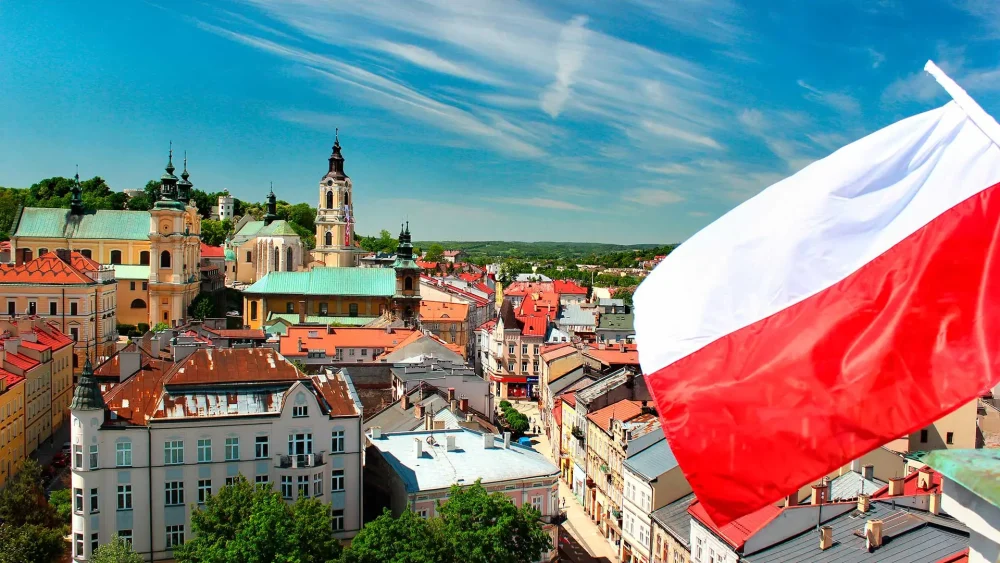
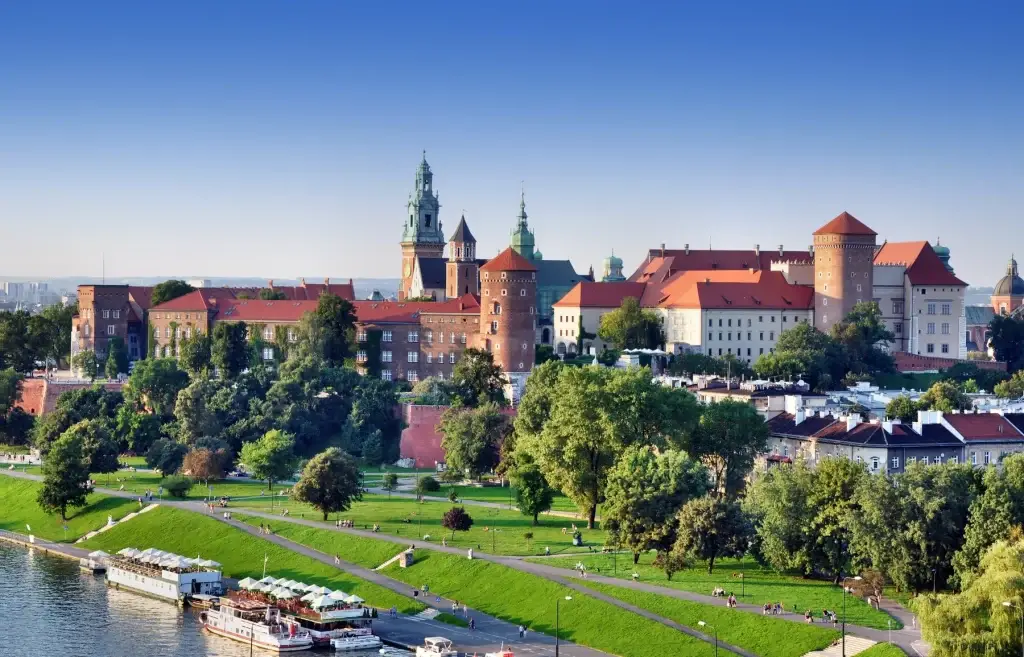 The differences between a residence permit and permanent residence are revealed in real situations:
The differences between a residence permit and permanent residence are revealed in real situations: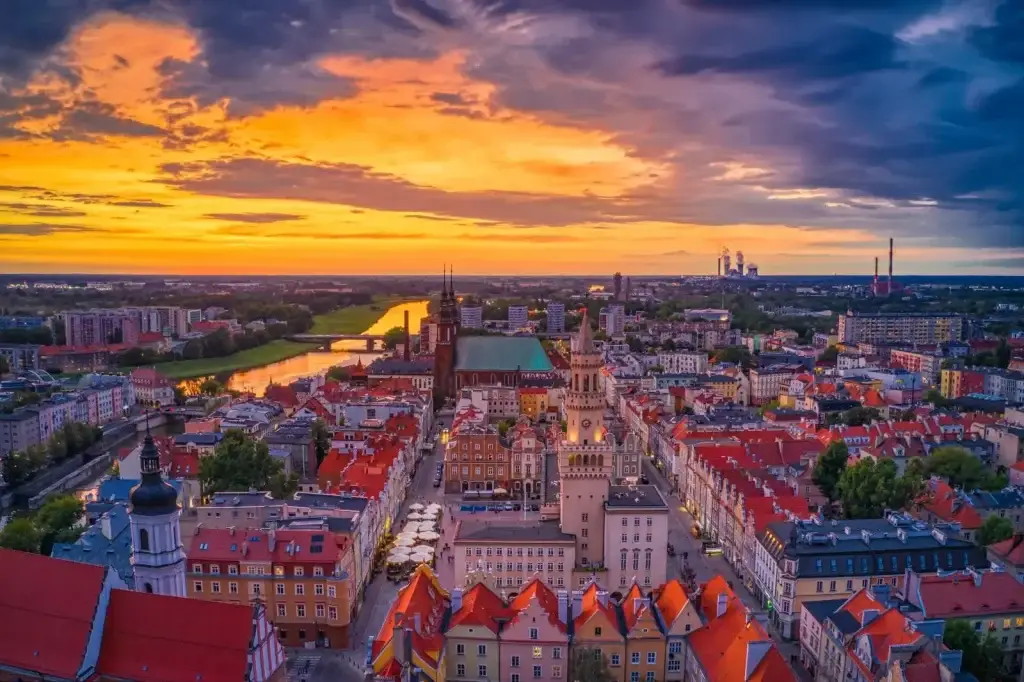 Choosing a status is not a matter of formality. This is a strategic decision. A residence permit is suitable for short projects, country testing, and temporary work. For those who intend to build a future — only permanent residence. In real-world cases, the difference becomes obvious. For example, an IT specialist with a residence permit in Poland will not be able to immediately switch to freelancing. The entrepreneur will not receive state support. The parent does not guarantee the child a place in the municipal kindergarten. All this is corrected by one document — a permanent residence permit.
Choosing a status is not a matter of formality. This is a strategic decision. A residence permit is suitable for short projects, country testing, and temporary work. For those who intend to build a future — only permanent residence. In real-world cases, the difference becomes obvious. For example, an IT specialist with a residence permit in Poland will not be able to immediately switch to freelancing. The entrepreneur will not receive state support. The parent does not guarantee the child a place in the municipal kindergarten. All this is corrected by one document — a permanent residence permit.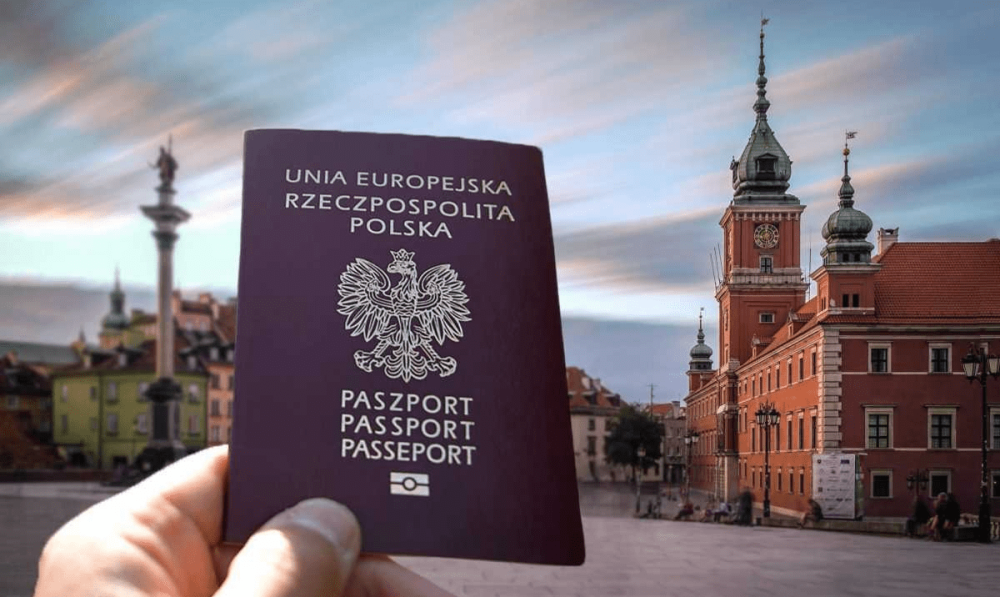
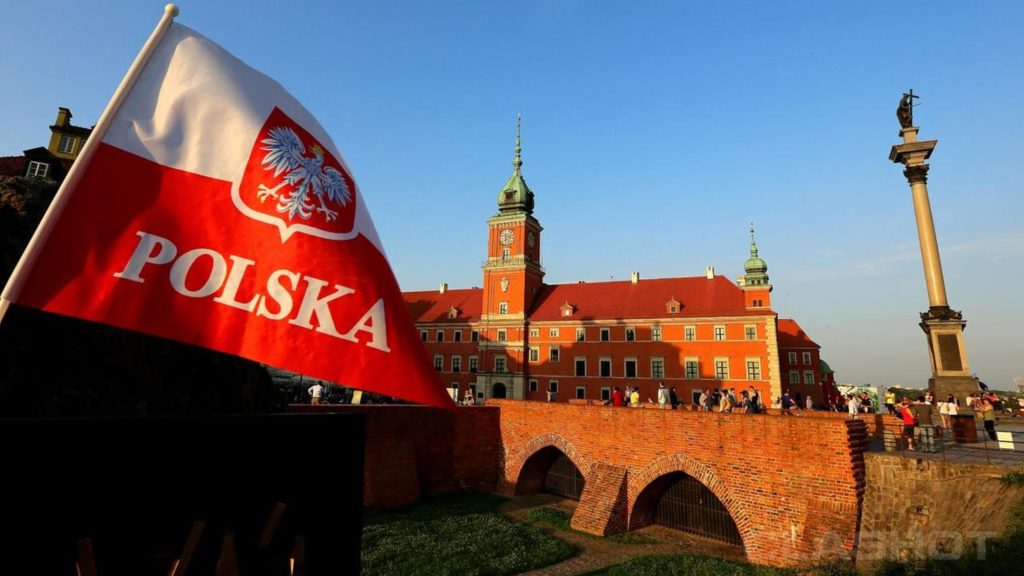 Each ground involves a different sequence, but the general logic remains stable. Formalisation involves preparation, collection of documents, submission and waiting for a decision.
Each ground involves a different sequence, but the general logic remains stable. Formalisation involves preparation, collection of documents, submission and waiting for a decision.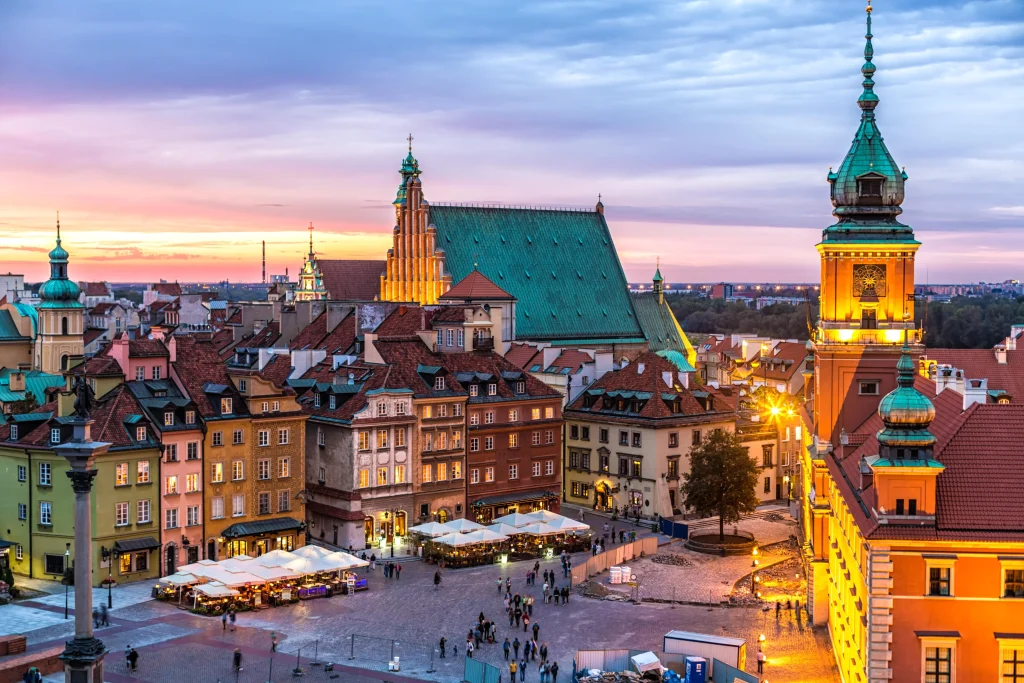 Acquiring citizenship requires a systematic approach. There is no one-size-fits-all way to obtain a Polish passport – each path requires preparation, patience and precise compliance. The law works predictably, and with the right sequence, the probability of rejection is minimal. A Polish passport gives you not only documents, but also freedom of movement, protection and full participation in the life of the European Union.
Acquiring citizenship requires a systematic approach. There is no one-size-fits-all way to obtain a Polish passport – each path requires preparation, patience and precise compliance. The law works predictably, and with the right sequence, the probability of rejection is minimal. A Polish passport gives you not only documents, but also freedom of movement, protection and full participation in the life of the European Union.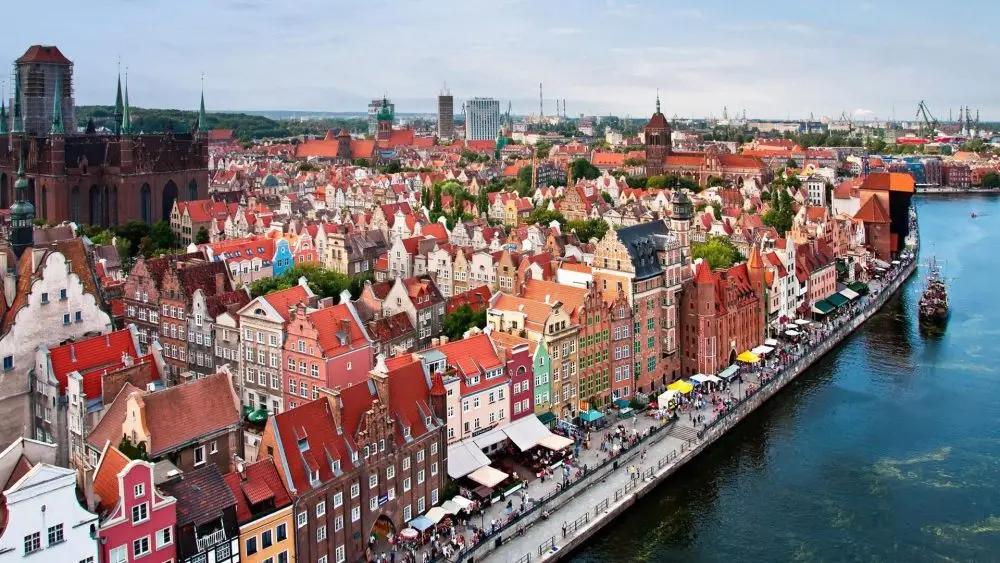
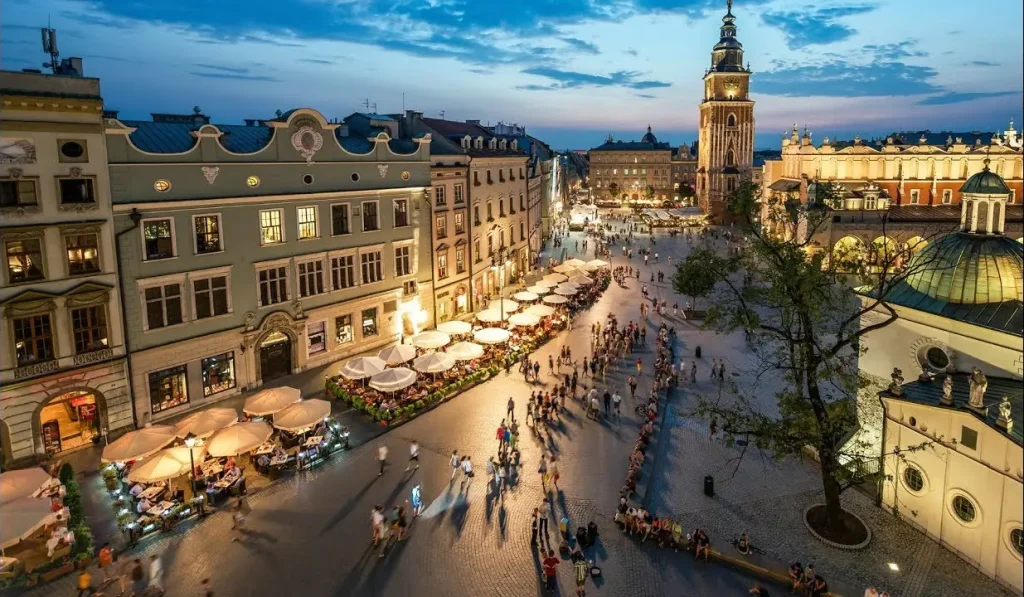 Poland offers numerous advantages for investors. It is a strategically located country with an emerging economy, progressive politics and an active market.
Poland offers numerous advantages for investors. It is a strategically located country with an emerging economy, progressive politics and an active market.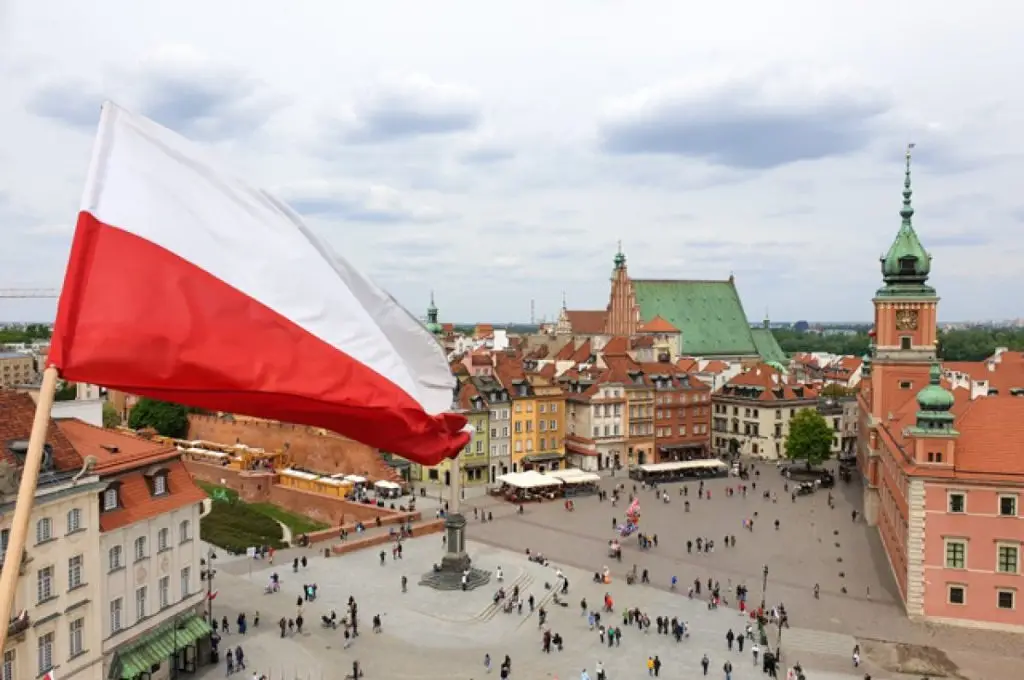 Countries with highly developed markets, such as Poland, offer not only stable rental income, but also significant potential for growth in the value of properties in the long term. Investing in commercial property abroad opens new horizons for portfolio diversification and capital protection. With a stable economy, active infrastructure development and tax advantages, Poland becomes an ideal choice for those seeking certainty in their investments.
Countries with highly developed markets, such as Poland, offer not only stable rental income, but also significant potential for growth in the value of properties in the long term. Investing in commercial property abroad opens new horizons for portfolio diversification and capital protection. With a stable economy, active infrastructure development and tax advantages, Poland becomes an ideal choice for those seeking certainty in their investments.